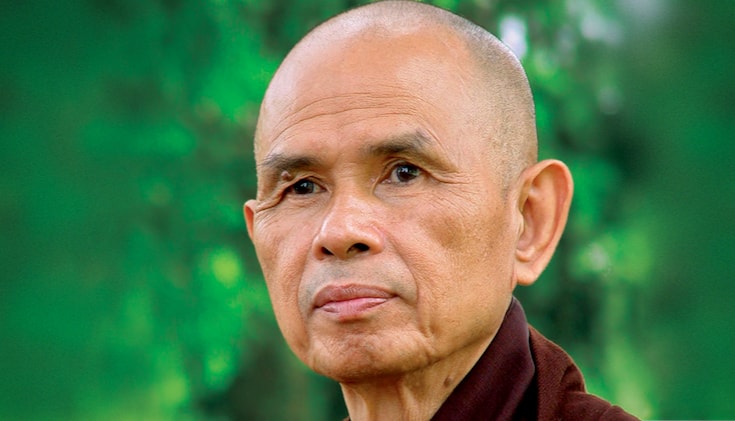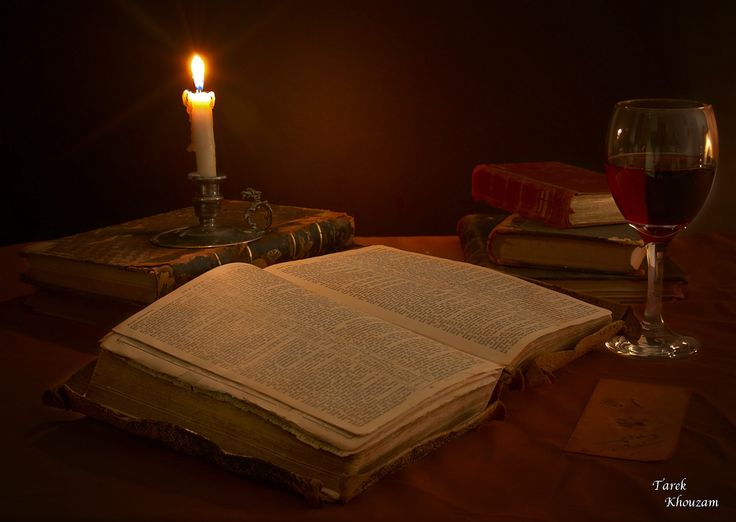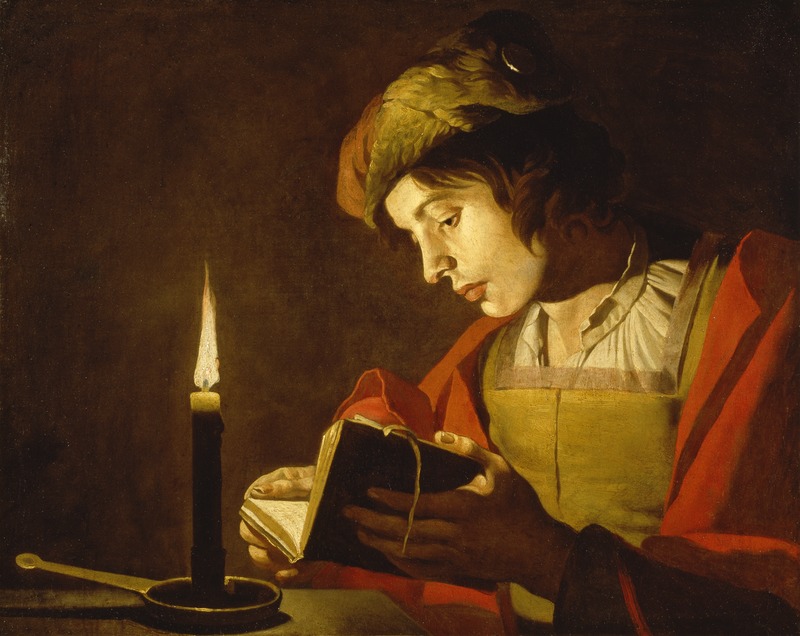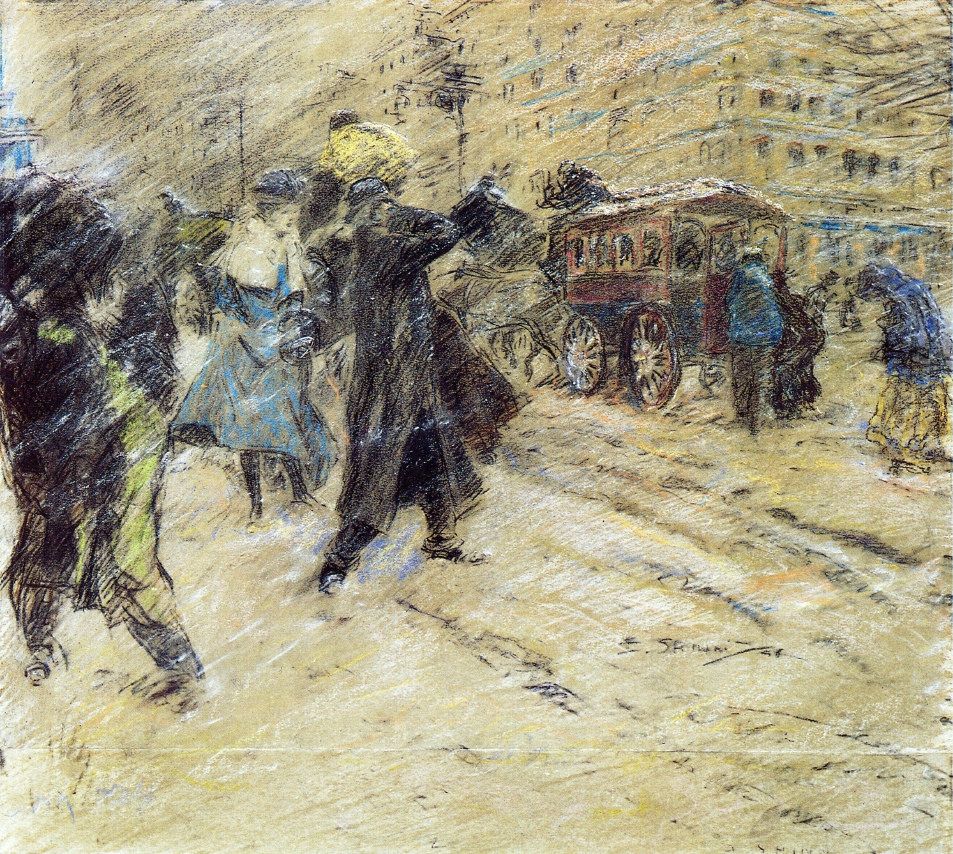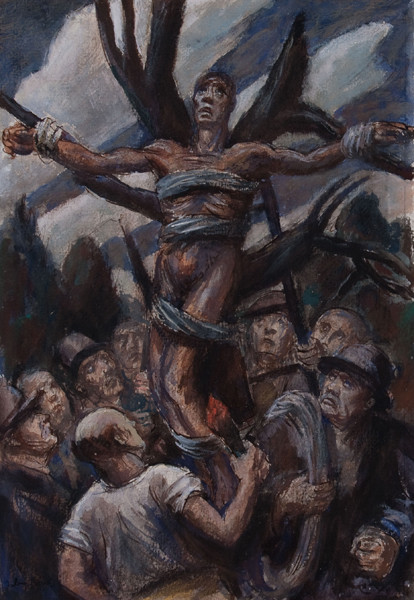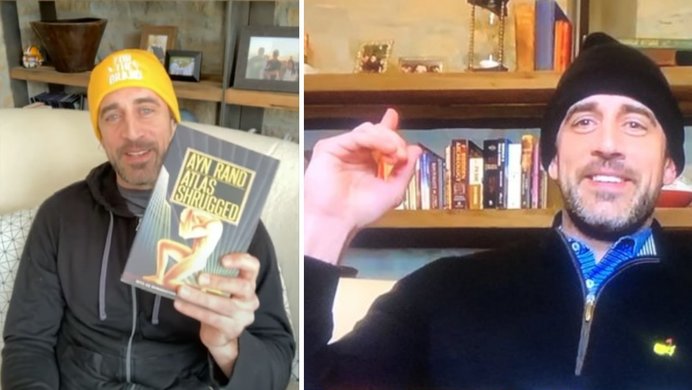Spiritual Sunday
Thich Nhat Hanh, the Buddhist monk and poet who worked for reconciliation between North and South Vietnam and then, in exile, for refugees worldwide, has died at 95. His poem “Looking for Each Other” which describes long arduous search and ecstatic reunion, seems a fitting meditation for the occasion:
Looking for Each Other
By Thich Nhat Hanh
I have been looking for you, World Honored One,
since I was a little child.
With my first breath, I heard your call,
and began to look for you, Blessed One.
I’ve walked so many perilous paths,
confronted so many dangers,
endured despair, fear, hopes, and memories.
I’ve trekked to the farthest regions, immense and wild,
sailed the vast oceans,
traversed the highest summits, lost among the clouds.
I’ve lain dead, utterly alone,
on the sands of ancient deserts.
I’ve held in my heart so many tears of stone.
Blessed One, I’ve dreamed of drinking dewdrops
that sparkle with the light of far-off galaxies.
I’ve left footprints on celestial mountains
and screamed from the depths of Avici Hell, exhausted, crazed with despair
because I was so hungry, so thirsty.
For millions of lifetimes,
I’ve longed to see you,
but didn’t know where to look.
Yet, I’ve always felt your presence with a mysterious certainty.
I know that for thousands of lifetimes,
you and I have been one,
and the distance between us is only a flash of thought.
Just yesterday while walking alone,
I saw the old path strewn with Autumn leaves,
and the brilliant moon, hanging over the gate,
suddenly appeared like the image of an old friend.
And all the stars confirmed that you were there!
All night, the rain of compassion continued to fall,
while lightning flashed through my window
and a great storm arose,
as if Earth and Sky were in battle.
Finally in me the rain stopped, the clouds parted.
The moon returned,
shining peacefully, calming Earth and Sky.
Looking into the mirror of the moon, suddenly
I saw myself,
and I saw you smiling, Blessed One.
How strange!
The moon of freedom has returned to me,
everything I thought I had lost.
From that moment on,
and in each moment that followed,
I saw that nothing had gone.
There is nothing that should be restored.
Every flower, every stone, and every leaf recognize me.
Wherever I turn, I see you smiling
the smile of no-birth and no-death.
The smile I received while looking at the mirror of the moon.
I see you sitting there, solid as Mount Meru,
calm as my own breath,
sitting as though no raging fire storm ever occurred,
sitting in complete peace and freedom.
At last I have found you, Blessed One,
and I have found myself.
There I sit.
The deep blue sky,
the snow-capped mountains painted against the horizon,
and the shining red sun sing with joy.
You, Blessed One, are my first love.
The love that is always present, always pure, and freshly new.
And I shall never need a love that will be called ‘last.’
You are the source of well-being flowing through numberless troubled lives,
the water from you spiritual stream always pure, as it was in the beginning.
You are the source of peace,
solidity, and inner freedom.
You are the Buddha, the Tathagata.
With my one-pointed mind
I vow to nourish your solidity and freedom in myself
so I can offer solidity and freedom to countless others,
now and forever.
